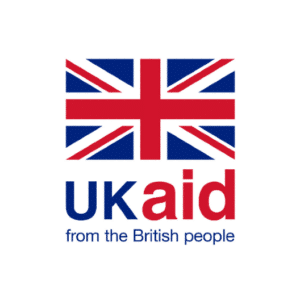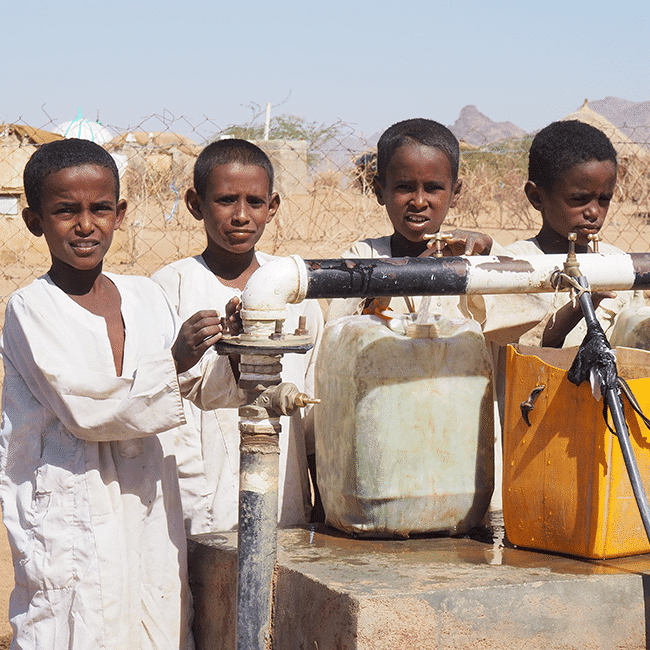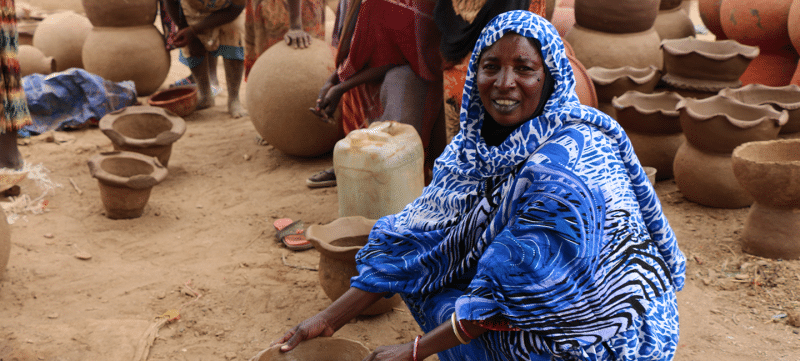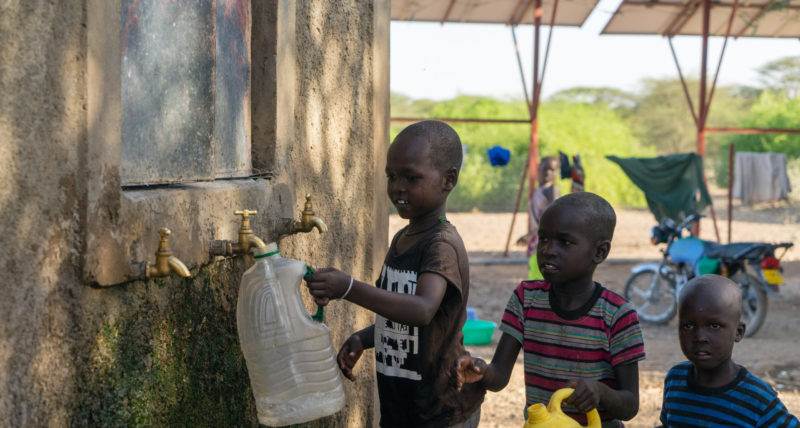North Darfur is one of the most drought-prone areas of Sudan, made worse by climate change. Practical Action worked with communities to address its devasting effects. Working closely with the communities, we contributed to peace and prosperity by transforming deserts into green fields to feed families and forests to combat desertification.
Project overview
Title: Building Climate & Conflict Resilient Livelihoods for Rural Communities in Wadi El Ku, North Darfur, Sudan, using Integrated Water Resource Management
Dates: June 2020 – September 2023
Location: 19 communities in El Fashir, North Darfur
Our role: We support communities adapting and prospering in new climate realities through an ingenious combination of irrigation technology, farming training and peacebuilding.
Participants: 35,600 people living in 19 villages, including nomadic and agropastoral household
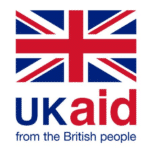
Project budget:£1,633,483
Aim: Resilience that protects
Lead donor: UK Aid
“Even though the climate is changing here, the new ways of farming we are learning allow me to continue to sow and harvest. I am optimistic for the future.”
Al Hafiz, farmer in Magdoub village, Sudan
Context
Creeping desertification and erratic rains, made worse by climate change, are turning the formerly productive land into desert. It means people face having to leave their homes once again, risking conflict with other communities over natural resources.
Climate change has worsened the cycle of prolonged droughts and flash flooding. Growing crops and raising animals has never been tougher. The long-standing conflict in Darfur, rooted in competition for scarce resources, is intensified by unpredictable weather conditions. Intensified and prolonged droughts and sudden flash floods have made the already difficult tasks of cultivating crops and raising animals even more daunting. Getting enough nutritious food has also become a worry.
With an increasing demand for food, shelter, water and cooking fuels, people have turned to practices that may provide a short-term answer but bring a long-term major issue. The loss of trees for firewood and the overuse of resources are turning fertile land into desert, perpetuating the problems. Poorer quality soil has led to farmers cultivating bigger and bigger plots of land. This leads to tension with pastoralists, who find their traditional pasture lands under threat. Women and young girls, particularly affected, bear the brunt of these challenges as they are responsible for cultivating and collecting firewood for cooking. The need to travel long distances in search of water and firewood puts them at risk.
In the face of this complex web of environmental and social challenges, North Darfur finds itself caught in a destructive cycle, with the consequences reaching far beyond immediate environmental degradation but tearing families apart and fading their chances for a better future.
Our approach
From water capture to irrigation, knowledge building to reforestation, we work with communities living in poverty to adapt and flourish in the new climate reality.
Practical Action supports communities in North Darfur to achieve peace and prosperity by transforming what was once a desert into green fields and forests. Our proven ingenious solutions aim to tackle the problems faced by people in North Darfur by:
- Water Management. Making the most of the water during the rainy season by storing it for as long as possible using repaired dams and newly built reservoirs.
- Irrigation. Connecting the stored water to where it is needed most and using it to rehabilitate the land using solar-powered pumping.
- Forest planting. Planting forests to re-green land already lost to desertification, protecting farmland and houses whilst improving environmental resilience and local livelihoods.
- Re-greening pastureland. Re-seeding land lost to the desert to provide food for livestock and restore the balance of resources between pastoralists and farmers.
- Agricultural training. We support knowledge sharing and training of farmers to rotate crops and improve harvests, profitability and cooperation. We also train community animal health workers, providing them with veterinary kits and revolving funds to improve livestock health.
- Empowering women with business skills. Providing training in food processing, dairy, and handcrafts to increase their income.
Our goals
Our goal is for rural populations, agriculturalists and pastoralists to achieve resilient livelihoods to the effects of climate change and conflict.
- Farmers can irrigate land and cultivate a greater variety of crops more sustainably, harvesting every 3-4 months.
- Pastoralists can access green fodders, water and veterinary supplies to improve and maintain good animal health.
- Local communities manage forest resources to protect the environment and diversify livelihoods.
- We support farmers and pastoralists to establish and manage community tree nurseries, which will propagate 30,000 tree seedlings during the project and tens of thousands more after. This also controls erosion of the Wadi banks and agro-forestry areas.
- By planting 2 hectares of community forests to re-green land and 500 acres of grassland, we provide food for livestock to restore the balance of resources between pastoralists and farmers.
- Households will have increased food security, increased incomes, and reduced competition and conflict between communities over resources, allowing communities to become strong, safe and stable.
-
Achievements
Despite the ongoing conflict, the project team delivered activities in this challenging scenario, in which our solid bonds with the communities shined as examples of bold collaboration.
+3k farmer households (18,600 individuals) irrigate land, cultivate crops and access markets more sustainably.
- Construction of two hand pumps for irrigation with connections.
- In partnership with the Ministry of Agriculture and local communities, the project has distributed varieties of improved seeds (2000 kg of sorghum, 30 kg of okra, 35 kg of watermelon), providing inputs for 3k farmers.
- Establishment of 10 farmers’ schools with demonstration farms.
16k farmers, pastoralists and agro-pastoralists effectively managing forest resources
- Installation of a water yard to demonstrate the benefits of Integrated Water Resources Management.
- Nurseries for community forests were established, reaching 326 community members. They were informed about community forestry, sustainable forest management for natural resources protection, forest ecosystem functions, income opportunities to community residents from traditional and non-traditional products and services, and the role of the local community in forest management. Following the campaign, the community commenced forest planting of 400 acacia seedlings in an area of 1 km in length and 200 m in width.
Sustainable Development Goals
This project contributes to the 17 SDGs’ progress.
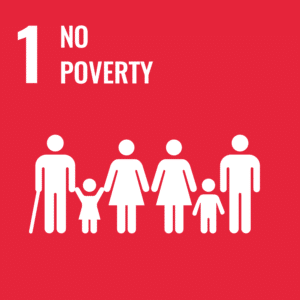
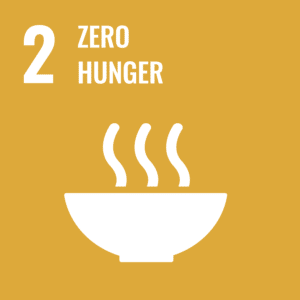

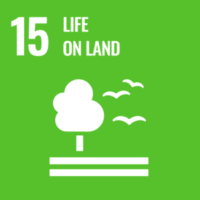
This project addresses issues related to desertification and land degradation, promoting sustainable land management.
Work like this depends on your support
Help us work with communities to tackle some of the world’s toughest problems
Project funded by:
